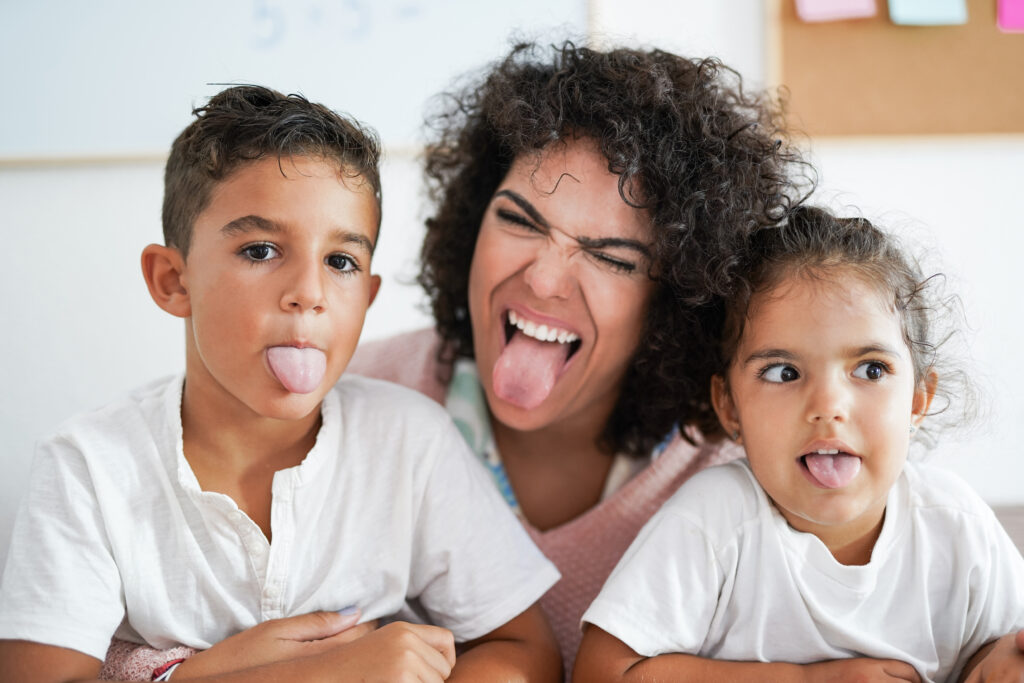Parenting Without Yelling: Ways That Work

Let’s be real. Parenting isn’t easy, but it can also feel overwhelming. Your child may throw food. They may cry a lot at bedtime. You’re exhausted. They’re exhausted. Sometimes it seems like raising your voice is the only option, but it rarely helps children learn or grow. It just makes things worse. You know there is a better way. As a Child Development Specialist, I work with families who want to nurture confident, emotionally healthy, and happy children. They do not want to yell at or punish you. The good news is that you can nurture your child with compassion while keeping fair rules. It starts with you, a plan, and a few practical approaches that work every day. 1. Pause, breathe, then respond It’s not about never feeling angry, it’s about guiding it into constructive action. A great tool in mindful parenting is to wait before you act. This short time lets you calm down. It stops you from just yelling out. Try this: When you feel the urge to yell, place your hand on your heart and take three deep breaths. You’re not ignoring the problem—you’re simply calming yourself before responding. This shows your child’s emotional regulation. When you do this a lot, your child learns it too. This is a big part of holistic child development. 2. Replace yelling with nonviolent communication. When a child acts out, it is often a cry for help. They may not have the words to say what they need. Act with intention, not with anger. Use Nonviolent Communication to see what they need and show that you understand. Example: Instead of yelling, “Why are you so messy all the time?” Try: “I feel sad when I see toys all over.” I like a clean room. Can we clean up as a team after this game?” This also helps with Active Listening Parenting. Your child will feel truly seen and heard, not judged or embarrassed. 3. Create rituals that reinforce connection and boundaries Ways of stopping problems are as important as ways to fix them. One easy but strong tool is a family meeting. This is a check-in each week. Everyone in the home can share their feelings, express their worries, and talk about the positives. This helps with conscious co-parenting. It shows kids how to work as a team to fix problems. Make routines fun by including simple, enjoyable activity sets for your toddler. This gives your child a plan and a feeling that they are part of the family. A child who feels close to you is less likely to “act out.” A study shows that when you are in tune with a young child’s feelings, they grow up with better self-control. These are the outcomes we hope to see from positive discipline strategies for toddlers. Conclusion: Yelling Isn’t the Only Option Yelling doesn’t make you a bad parent, it means you’re human. But if you’re reading this, you’re already taking the first step toward change. You can be the conscious parent your child needs. Tip: Develop a ‘calm plan’ together, so when emotions are out of control, you both know it’s time to pause. Only after you’re both calm, you can talk things through. This plan gives you both a tool to use when feelings seem uncontrollable. Remember this: you are not on your own. We can help you. Our conversations are guided by the ideas of Conscious Co-Parenting NJ. We also draw on proven strategies from some of the best parenting books available. Don’t forget to follow us on Instagram, and YouTube for more good ideas. For new news, click here to see our most recent press releases.

